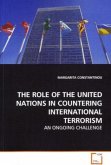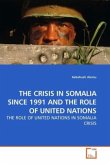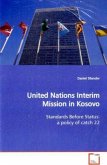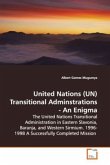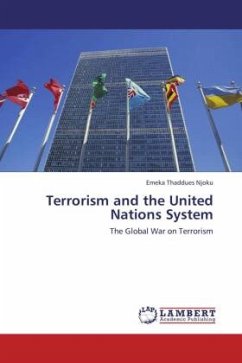As the world expects the new US Administration to
solve the perennial Arab-Israeli conflict, one
cannot fail to notice a paradox. On the one hand,
there is seemingly a broad consensus between Israel,
the Palestinians and the international community
about the "two-state solution." On the other hand,
this "solution" keeps working in theory and failing
in practice. This book explains why. By
meticulously analyzing the evolution of Israel's
foreign policy between the Yom Kippur War (1973) and
the Oslo Agreements (1993), the book shows how
Israel's leaders, through a trial-and-error process
as well as a constant tension between nationalism
and realism, came to accept the two-state solution
only to realize that the Palestinians' "acceptance"
of that solution was purely tactical, temporary, and
insincere. The world can help bringing peace to the
Middle East by recognizing that the "two-state
solution" is fundamentally incompatible with
the "right of return." This book is a must-read for
foreign policy decision-makers and for anyone
interested in the future of the Middle-East.
solve the perennial Arab-Israeli conflict, one
cannot fail to notice a paradox. On the one hand,
there is seemingly a broad consensus between Israel,
the Palestinians and the international community
about the "two-state solution." On the other hand,
this "solution" keeps working in theory and failing
in practice. This book explains why. By
meticulously analyzing the evolution of Israel's
foreign policy between the Yom Kippur War (1973) and
the Oslo Agreements (1993), the book shows how
Israel's leaders, through a trial-and-error process
as well as a constant tension between nationalism
and realism, came to accept the two-state solution
only to realize that the Palestinians' "acceptance"
of that solution was purely tactical, temporary, and
insincere. The world can help bringing peace to the
Middle East by recognizing that the "two-state
solution" is fundamentally incompatible with
the "right of return." This book is a must-read for
foreign policy decision-makers and for anyone
interested in the future of the Middle-East.


